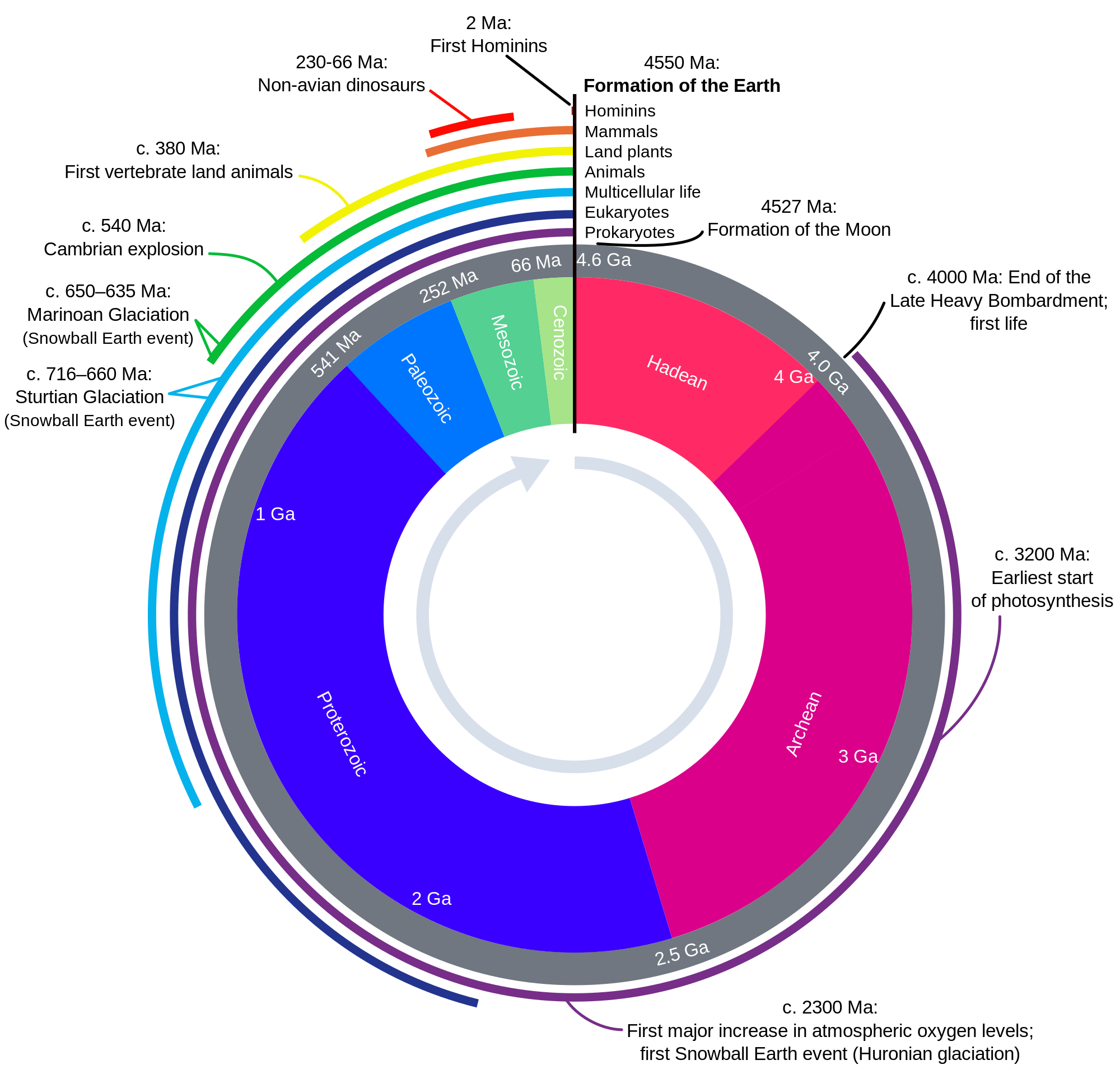The Mayan Civilization calendar is similar to the Calendar of other ancient cultures (Hinduism, Judaism ... to name a couple) in that it attempts to identify the end-time, and prepare it's people for it. According to the Gregorian equivalent of the Mayan Calendar, this end-time would occur either on Dec. 21 2012 AD (Gregorian), or Dec. 23 2012 AD (Gregorian).
Such an apocalypse is no new event ... albeit it may have a different description across cultures. We, Earthlings, have sprung to existence on a planet which every few years (well, every few million years anyway) is utterly destroyed - and life then begins anew. Geology identifies several distinct time-periods A similar theme reverberates in religion. So many religions mention humanity coming to an end - and then starting anew.
An apocalypse for our civilization is similar to a person losing memory to trauma, and having to learn from scratch how to crawl, walk, run, read, and write. Whatever we learn is scarcely ever totally unique. The fundamental rules - physics, chemistry, biology, math remain the same. Yet every time a civilization comes to a screeching halt it must work it's way up through the gears learning and losing that knowledge until it develops the cultural defect known as 'writing'.
Earth came into existence around 4.5 billion years ago. Subsequently, according to fossil/genetic record, the humans emerged from the ape family around 5 million years ago. Our present culture is highly advanced compared to our ancestors of a few millenia ago. But ... is it really advanced? Knowledge is lost easily - 3 or 4 generations are probably all that seperate us from the states/empires of old that squabbled amongst themselves. If our civilization were to begin to end today... and if it were then to take a millennium for civilization to recover to the stage when our descendants started to wonder about us, their ancestors, what would they find? Unlike our ancestors who constructed the 7 wonders, our greatest works are in cement, concrete, iron, paper, silicon and most recently glass (read CD/DVD/Blu-ray). These works would hardly be accessible if buried under volcanic lava, volcanic ash, or if inundated by the oceans/snows. If not volcanoes, earthquakes, or oceans it still wouldn't take very long for paper to decompose; Sooner or later nature, and vegetation would reclaim their domain and bury any artifacts beneath humus, or silt, or ash, or rock, or sand.
How would one go about preparing a repository of our civilization's knowledge? A repository that would be highly likely to survive an apocalypse, be virtually indestructible, and also be available to our descendants - with reasonable minimum scientific development, and effort.
Saturday, December 22, 2012
Subscribe to:
Posts (Atom)



